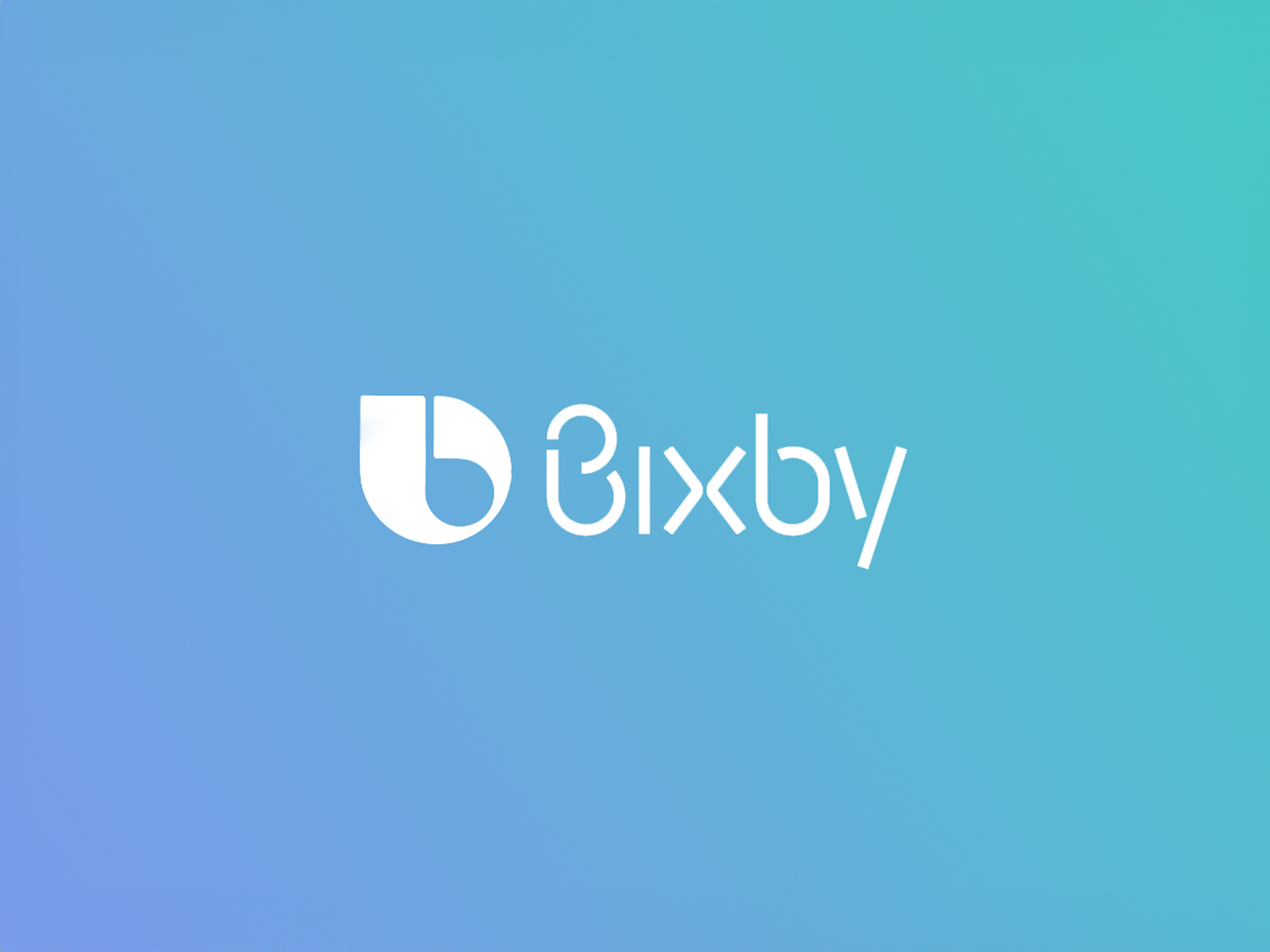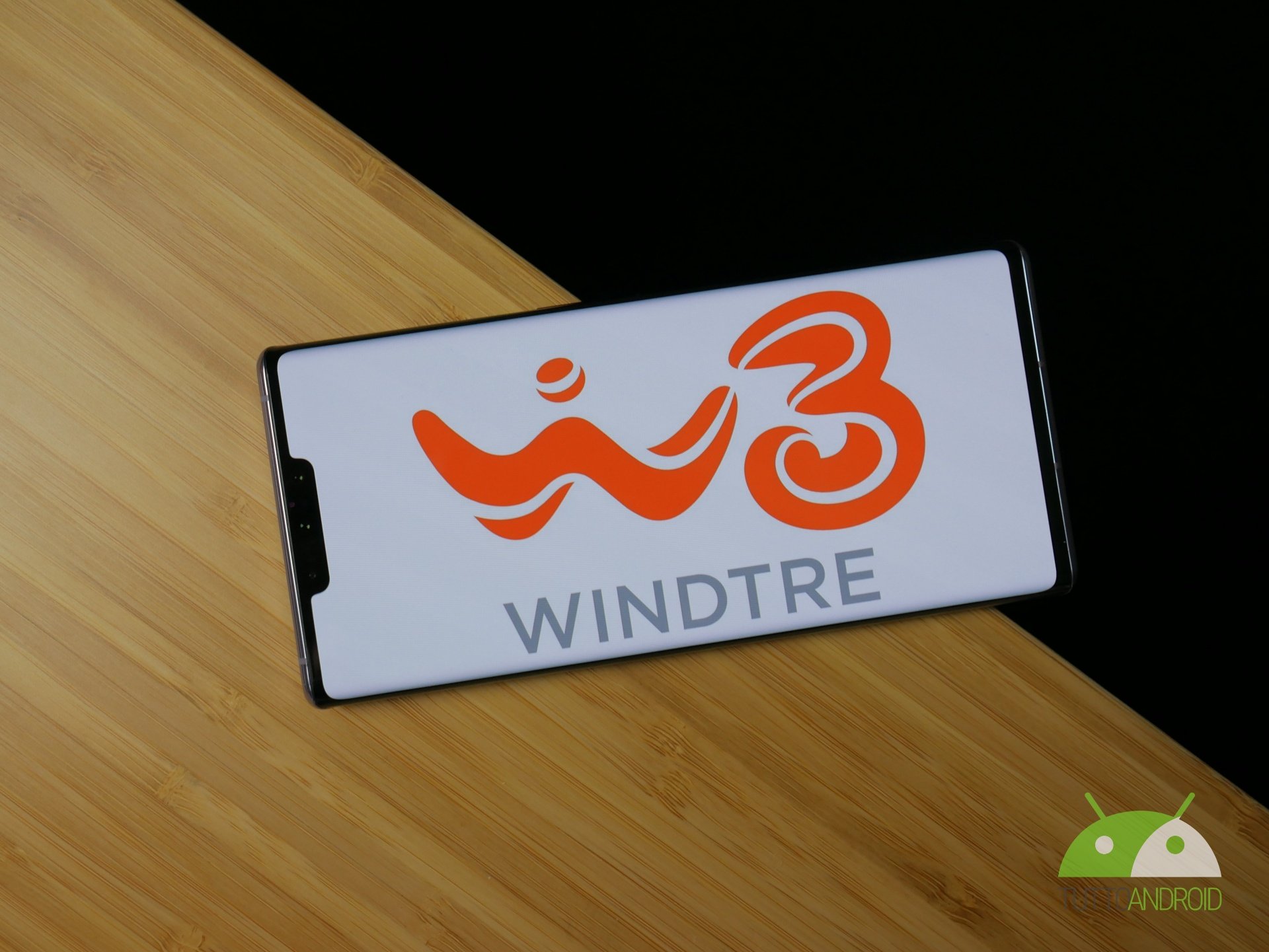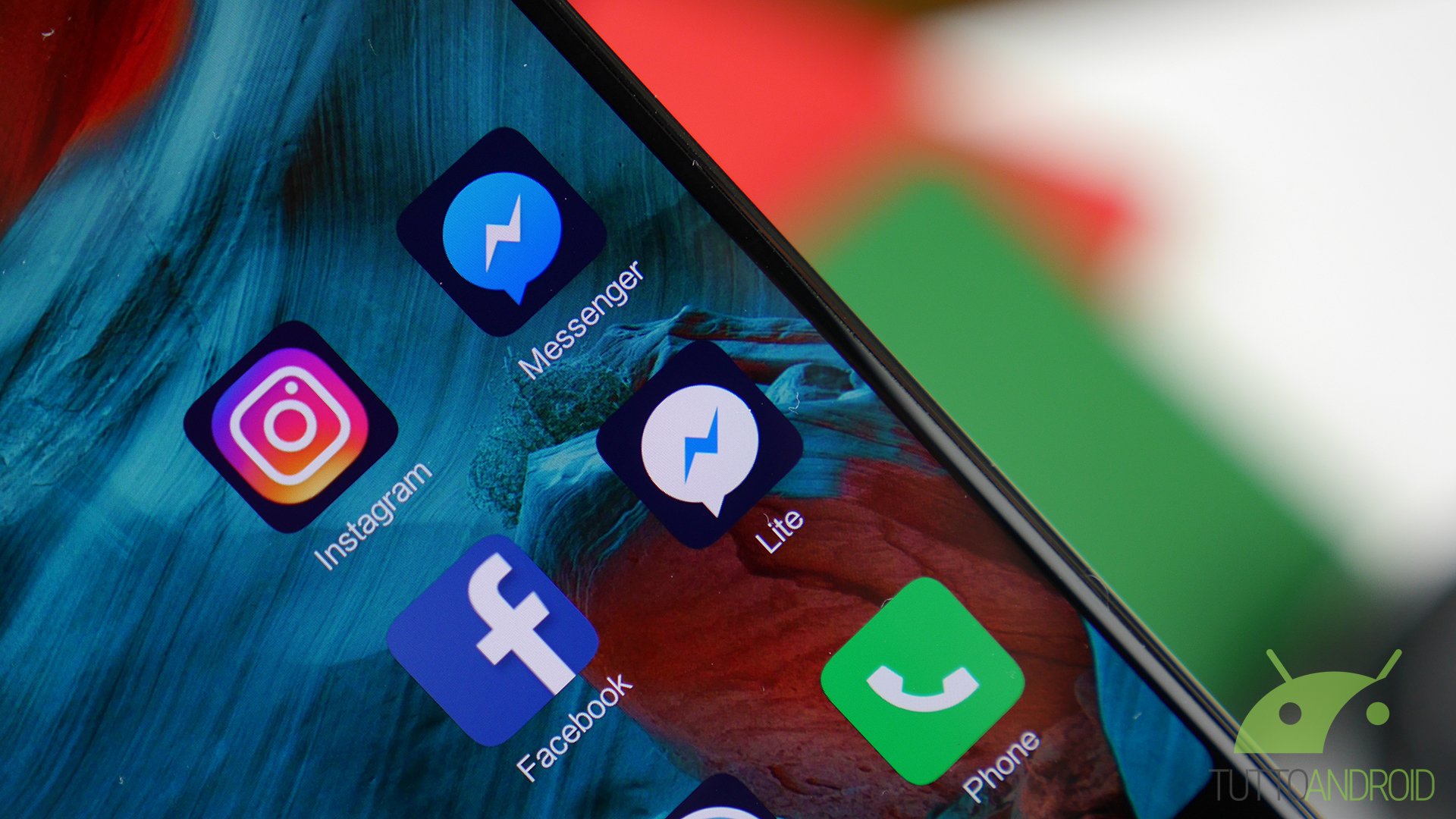At a time when the…artificial intelligence As technology rapidly transforms every aspect of our lives, tech giants are faced with the challenge customize its products and services to keep up with the times. Samsung, one of the leaders in smartphones and consumer electronics in general, is considering updating its voice assistant Bixby by integrating generative artificial intelligence technologies to improve the user experience and make your devices even smarter and more connected.
The next few months will be crucial for the future of Bixby, Samsung’s virtual assistant
Since OpenAI launched its chatbot ChatGPT, the world of artificial intelligence has been shaken by a real revolution. Next-generation chatbots are now able to manage these query complex and generates answers in the form of text, images and even videos. This technology, known as generative AI, opens up new possibilities for improving human-machine interaction.
Bixby, Samsung’s voice assistant launched in 2017 with the Samsung Galaxy S8 series, already offers a number of useful features, such as real-time translations and restaurant suggestions, but compared to the most advanced chatbots currently on the market, the South Korean giant’s voice assistant has remained relatable on conversation skills and managing complex queries.
Samsung recognizes the need to evolve Bixby to keep up with the times. Won Joon ChoiExecutive vice president of Samsung’s mobile division said in ainterview To CNBC that the company is working hard to equip Bixby with generative AI so that it is significantly smarter and can have more natural conversations with users.
Bixby is an important voice assistant for Samsung, not only for mobile devices, but also for televisions and digital devices in the Samsung ecosystem. So far it has been the most important voice assistant.
With the emergence of generative artificial intelligence and LLM (Large Language Model) technology, I believe that we need to redefine the role of Bixby so that Bixby can be equipped with generative artificial intelligence and become smarter in the future.
Adding these features will enable more natural conversation and create an interface that supports Samsung products in our ecosystem.
As you can imagine from Choi’s words above, integrating generative AI into Bixby could result in a significantly more advanced user experience than what’s currently available. Users may be able to do this Ask complex questions and get detailed and relevant answers, without having to limit yourself to predefined voice commands. In addition, Bixby could be able to generate content such as recipe ideas, style tips or even short stories on demand, making interaction with the voice assistant more engaging and extremely interesting, while also keeping the youngest users in mind.
Samsung is committed to building a connected ecosystem through artificial intelligence
Bixby is not just a voice assistant for Samsung smartphones, but it is one integrated into the company’s entire device ecosystem, from smartwatches to home appliances. Samsung sees Bixby as an important tool that allows users to control their devices easily and intuitively.
The addition of generative AI to Bixby could, as we’ve already seen, lead to new ways of interacting between the various Samsung devices. For example, users could ask Bixby to suggest a washing program for the washing machine depending on the type of fabric, or to automatically adjust the air conditioning temperature based on personal preferences and weather conditions.
Thanks to the countless possibilities offered by generative AI, Bixby could serve as a real child Central hub for the management of smart home. Users could ask the voice assistant to control lights, thermostats and other compatible devices with natural and intuitive voice commands, without having to resort to multiple apps or interfaces.
The AI race among tech giants is heating up
Samsung isn’t the only company exploring the potential of generative AI. AppleSamsung’s main competitor in the smartphone market is expected to announce new AI-powered features while his annual developer conference (WWDC) in June.
While enthusiasts and investors eagerly await what Apple has to offer, Samsung is working to keep up and differentiate itself. Integrating generative AI into Bixby could be a way for Samsung to offer its users an innovative experience and stand out in an increasingly competitive market that is pushing more and more manufacturers to create complex and complete ecosystems to stand out from the competition.
You might also be interested in: The Google Home app also works offline and supports more sensors and cameras. How do you guarantee 7 years of updates for Pixel? Google explains it to us




